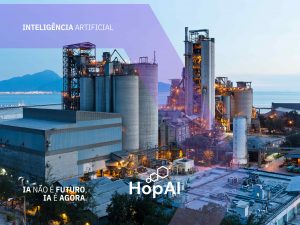The digital transformation in healthcare is heavily reliant on AI.
Artificial Intelligence in healthcare, what is the reality? We are transitioning to a different kind of medicine, faster, more preventive, with more data, more effective, moving away from an old-fashioned view in which dealing with disease alone is no longer satisfactory. The fact is that today, health still depends on an active process of the patient seeking a medical appointment, storing their data somewhere, and evaluating their symptoms, with the doctor entering the process late, for example when a disease has already set in. Not everyone undergoes checkups and acts proactively in prevention, nor is the healthcare system so well-prepared to handle excessive demand, whether in primary care or health plan capacity.
One of the major problems lies in the current payment system that “pays for illness,” with the “fee for service” model paying for the “hours” dedicated by the doctor. The current/future trend of remunerating for results, the “fee for results” model, is beginning to be accepted and implemented, but with obstacles and some resistance still. It is not easy to change, as the entire structure and compensation chain is directed towards the fee-for-service model.
The lack of quality information available and in a timely manner about the symptoms and results obtained in the daily lives of “patients” is another significant hurdle. But this is changing rapidly, and with technology and data availability, medicine can advance in a new direction, focusing on prevention and health promotion, rather than just treating disease.
We are born generating data, starting from the hospital, and for good future predictions about health, reducing disease risks, this data is vital. Anyone with those old, worn-out paper vaccination cards knows what we are talking about. This is not the path we should follow, but rather that of digital data, systems, artificial intelligence, mobile device access, and much more. Only with agile databases and systems with quick and easy access (smartphones are here) can health truly make a giant leap. Data will be generated at birth and recorded throughout life, each illness, each vaccine, your genome, medications taken, exercises, vital signs, physical and mental symptoms, among many others.
Artificial Intelligence in healthcare can be applied in various scenarios
Artificial intelligence in healthcare will act both in the ease of data entry (voice transcription to text or document reading and data generation in your health databases, for example), but also in prevention, generating predictive models that can guide “patients” in a better direction, in partnership with their doctor and healthcare organizations.

According to Dr. Li (Yu-Chuan Jack Li) and Topol (Topol, 2019):
- Medical diagnoses worldwide are incorrect in about 20% of cases, and for Eric Topol, just in the US, there were 12 million diagnostic errors per year
- Prescriptions are ONE-SIZE-FIT-ALL, meaning the same treatment for everyone, the same protocol
- There is little structured or available patient data
- Little or nothing about the genome, the environment they live in, the patient’s daily behavior.
The future of Artificial Intelligence in healthcare
A “future” scenario involves the collection of many variables, data that will be treated by artificial intelligence and not by nurses or doctors directly, being stored in the records of IHR – Individual Health Records or EHR – Electronic Health Records systems, combined with the data from EMR – Electronic Medical Records.
From birth, genome information, exposure to environments (where have I been? where do I live?), and behavior can be collected for better diagnosis, disease prediction, and treatment. Medicine has relied heavily on laboratory tests, one-time consultations, generic medications, standard procedures/protocols, and each doctor’s experiences.
We are constantly changing and protocols and procedures that worked for part of the population will not necessarily be effective for everyone and for life. It was like this because there was no artificial intelligence in health. Proven-based health has its days numbered, as AI, Machine Learning/Deep Learning models, can act on a huge range of people, patients, data, without the need to separate a minor one in scientific research.
One of the areas that evolved the most, piggybacking on technology and AI, was radiology. The images have improved significantly and increasingly enable a more accurate view, as can be seen in this image below, which compares what was available for decision-making in 1974 to the present day. Technology + Data + AI is the right arm of the doctor and the human being.
For Eric Topol, in his book Deep medicine, 3 items are needed to change health:
- Ability to Deeply Understand Each Individual Using All Relevant Data
- Deep Learning – Big data and pattern recognition
- Deep empathy and connection between doctor and patient
The key to health is early detection, prevention and prediction, along with personalized treatment. These are the 4 P’s of the new health: Prevention, Prediction, Precision and Personalization. We can add one more, Participation, thus forming 5 P’s. For most of these P’s, not much could be done without data, without AI, without easily accessible technology.
With data and patterns, artificial intelligence will be able to identify better dosages, medicines for that patient profile, better treatment, identify diseases, suggest paths. The greatest difficulty consists in the inexistence or great difficulty in obtaining data in a robust way, in terms of quantity…, quality…, and for a lifetime. Such data are difficult in health, ethical issues, privacy, are required and make access to data difficult. In the same way, medical notes are not always good for computational records, in general open fields in medical records, the vast majority of past records still on paper and some in systems that do not talk to each other. But even in cases like this, artificial intelligence can help, through natural language processing techniques AI can extract data from unstructured fields.
The help of health professionals in the application of Artificial Intelligence
Doctors, nurses and other health professionals will help curate the application of artificial intelligence in health, which will receive a huge mass of data from patients, transform it into information and the AI itself will make basic decisions with the patient, reporting to the doctor who will have his knowledge increased in the process, adjusting the expert systems when necessary and always working with the patient with his empathetic, personal vision, with affection and wisdom, but now reinforced with a lot of information and support from intelligent systems that will give him the condition to act day in and day out day-to-day contact, care and prediction and prescription of personalized treatment. We understand that:
- Doctor + AI will be much better than AI alone or Doctor alone
- What AI does best, that process only, should be replaced
- Medicine has to change and the doctor of the “future” needs to have an educational menu different from the current one in their training, including in them the Data driven vision, AI, databases, to name a few.
In summary, changes in the health sector point to a shift from a focus on disease to a focus on health, with greater emphasis on prevention rather than late treatment. Prediction becomes increasingly important, with the use of biomarkers and big data collecting data in real time. Personalized treatment is gaining ground over generic drugs and the old slow, analogue system is being replaced by an agile, digital system. Healthcare organizations are adapting and transforming their practices to keep up with the constant changes taking place in the industry. For healthcare organizations, it’s a matter of adapt or die.



